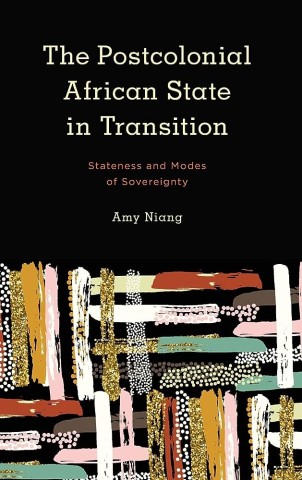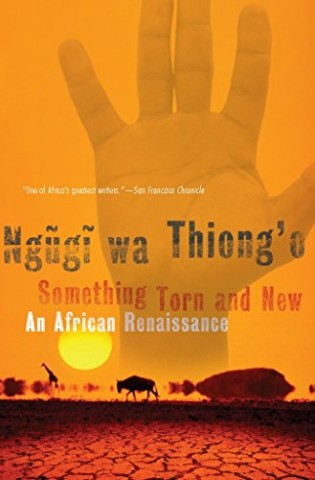I have had Amy Niang's 2018 "The Postcolonial African State in Transition: Stateness and Modes of Sovereignty" in my to-read pile for too long, and I am glad I finally got to it. This is a heavy book, but one that makes really interesting contributions and raises thought provoking questions. In the opening, the author explains: "A leitmotif of this book is therefore a productive doubt about an established obsession, in political theory, with the Westphalian common sense of stateness and the relative disregard not only of other species of state but also of what statehood means to the entities that must give it its legitimacy." (p. 2) Drawing on detailed studies (beyond possibility of summary here), spectrums of stateness are exemplified, without judgement. Dr Niang concludes the book noting: "Despite scepticism toward the state form, it is clear by now that what is being presented here is less a critique of a regime (colonial) or a model (nation-state) and more of forms of violence than deny people the means of, and the capacity for, self-constitution. In doing this, I'm certainly not suggesting that we reject the state as an organizing framework but that we keep it open as a possibility of governance." (p. 184)
Notes:
"Un-understanding the state thus means that we suspend prevailing justificatory, normative accounts of the state in the form of rigid categories that inevitably create 'proper' states as opposed to underperforming, incongruent, inchoate and inadequate ones. In this vein, commonly established accounts of the role of the state as the provider of law and order must be revised." (p. 19)
"…constitutions were framed in a foreign language and idioms inspired by the European experience in Europe. In fact, it would not be controversial to say that postcolonial constitutions were 'conditional' concessions that ensures colonial continuity, therefore dependency. They consecrated an original divide between state and society. What this orientation does is to obscure the fact that constitutions are not abstract institutions but rather 'the product of social practice' (Nugent 2010). The omission of the African experiential past and moral orders further marginalized their systems of values and the allocation of entitlements, rights and obligations of social inheritances and solidarities." (p. 193-194)
"The goal of this book has therefore been to offer accounts of different forms of sociality and accounts of community-making in diversity. To avoid confining these accounts to those interested to things 'African', I have tried to engage foundational concepts and arguments of liberal political thought particularly as they relate to discussions of sovereignty, community, sociality and moral constitutions. These accounts of being together or being-in-the-world tout court should therefore be taken seriously as useful openings for a more critical political philosophy and history. I'm not suggesting here that precolonial constitutional and institutional structures were consistently inclusive and progressive, that they were always examples of accountability and virtue for all constituencies… My concern, throughout this book, has been to show that we need to look at the intellectual tradition of 'other' peoples if we are to understand the way they relate to each other and the way they relate to things and their environment." (p. 202-203)


